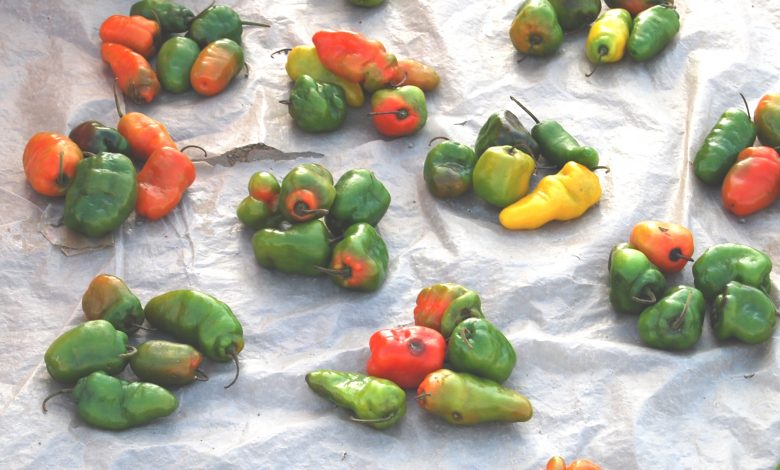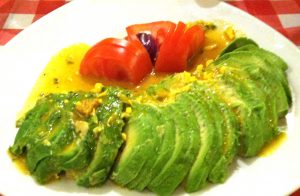Loss of Flavor and Variety Destroy Food Quality

Food is changing all around us. The flavors and textures of food are being lost and the pace of their destruction is increasing due to the growth of industrial farming and “improved” varieties of food crops.
Ever since the Green Revolution of the sixties, the growth of population and the presence of hunger have been used as motivations for massive projects to develop new and more productive crops. Of course, other motivations have included developing and guaranteeing control over economies of cultivation by large agro-industries.
Even though this year Peru and other countries celebrate the Year of the Family Farm, it is not without a touch of irony, since family farms have been disappearing all over the world in the face of a massive expansion of industrial farming driven by governmental policies and the concentration of distribution in ways that favor industrial producers over anyone else.
Traditional markets tend to be increasingly marginalized and the only food many people think about is industrial. Even family farms, to survive, must produce forms of produce that are marketable and as a result they too rely on “improved” seed.
As a result, food varieties with thousands of years of adaptation to specific environments, such as the hundreds if not thousands of varieties of potatoes in Peru, disappear in the face of commercially acceptable crops, the three of four you see in the supermarkets of Peru’s cities.


Recently, the eminent exponent of Mexican Cuisine, Diana Kennedy, shouted out a warning on this issue. She says that the people of Mexico, not to mention those of the United States, eat “fake tortillas”.
Tortillas are a basic food in Mexico. They appear on every table. Kennedy’s argument would come close to insult in the hands of a lesser writer and advocate of Mexican cooking.
She makes three related arguments: the traditional way of processing corn has almost disappeared in the face of industrial production of Maseca, a corn flour from which most Mexican tortillas are now made; Genetically Modified Corn is now strongly present in Mexico; And, as a result, Most Mexican no longer know what “real” tortillas taste like.
Kennedy is not alone in this. I remember being in a car with colleagues making the trek from the Port of Veracruz up to the charming city of Jalapa. Along the way my colleagues were lamenting how Maseca was showing up in local tortillas and how they were no longer the same. They claimed to always be able to tell the difference between a traditional tortilla and a Maseca one.
Kennedy continues to claim that chiles know longer have the same flavor in Mexico. She notes that the famous poblanos, used for stuffing, are more likely, now, to be grown in China than in Mexico and that they do not have the flavor they used to have. They are simply bland. The issue is not heat.
These are beautiful, big peppers but they have no flavor.
Although I have not heard a Peruvian foodie address this issue, one sees and tastes it happening here too.
Tomatoes no longer are like they were here a couple of decades ago. Now, the tomatoes you see in the market here in Cuzco are hard, unripe Roma-style tomatoes. Even in Lima I seldom see or taste anymore a full flavored, ripe tomato.
I hear people in the markets tell how the ajies (the Peruvian chiles–hot peppers) are facing pressure to become less hot. Most of the ones in the markets are now grown on industrial farms.
In fact, the Peruvian Ministry of Agriculture actively promotes improved farming and agroindustry as part of a plan of national development, with a focus not only on national production but on export.
One sees this, for example, in the presence of Fuerte Avocados. Peru grows Haas for the US Market and Fuerte for its own market. Increasingly, local avocados are disappearing from the markets and are not found in Supermarkets, other than rarely.
One can disagree with Diane Kennedy, but this issue of changing food and the disappearance of older varieties is important, as we shall continue to argue in an up-coming post. The issue goes far deeper than simply of of the taste of food or a romanticism for older times.
http://munchies.vice.com/articles/youre-eating-fake-tortillas-and-diana-kennedy-is-pissed-about-it/




